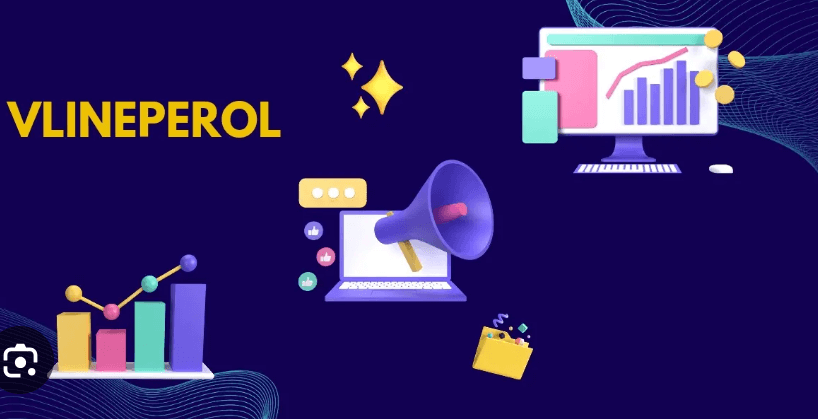5 Things You Must Know About the Interest Rate
Are you planning to take out a loan or invest your money in the stock market? Then, understanding the interest rate is crucial. The interest rate affects not only your decision-making but also the overall economy. In this blog post, we will discuss five things that everyone should know about the interest rate. From rajkotupdates.news :the government has made a big announcement regarding the interest rate it affects you to using it to your advantage, we’ve got you covered! So let’s dive in and explore the world of interest rates together!
The Purpose of the Interest Rate
The interest rate is a tool used by central banks to control inflation and stabilize the economy. It represents the cost of borrowing money or the return on investment for lenders. The purpose of setting an interest rate is to balance economic growth and price stability by managing the supply of money in circulation.
When there is too much money available, inflation can occur, which leads to higher prices for goods and services. rajkotupdates.news :the government has made a big announcement regarding the interest rate the other hand, when there’s not enough liquidity in the market, it can cause deflation – a situation where prices decrease drastically and demand falls as people hold onto their cash.
By adjusting interest rates up or down, central banks try to influence spending decisions made by households and businesses; making credit cheaper (lowering rates) stimulates more borrowing from consumers who then spend more while raising rates makes saving more attractive since depositors earn higher returns on their investments.
In summary, controlling interest rates is one way that governments use monetary policy tools to manage economic activity levels. By keeping prices stable while promoting steady growth through judicious use of this instrument helps maintain healthy financial markets over time.
How the Interest Rate Affects You
The interest rate can have a significant impact on your financial situation, regardless of whether you are a borrower or a saver. The cost of borrowing money is directly proportional to the prevailing interest rate, which means that when interest rates go up, it becomes more expensive for individuals to borrow money from banks and other financial institutions.
For example, if you have an adjustable-rate mortgage (ARM), your payments may increase if the Federal Reserve raises interest rates.rajkotupdates.news :the government has made a big announcement regarding the interest rateSimilarly, credit card debt and personal loans typically come with variable rates that could change depending on market conditions.
On the other hand, savers can benefit from higher interest rates as they earn more on their savings accounts and investments. Therefore, those who rely heavily on fixed-income investments like bonds will see increased returns in high-interest-rate environments.
Additionally, fluctuations in the economy caused by changes in interest rates can affect employment levels and consumer spending patterns. For instance, during periods of high-interest rates where borrowing costs are high; businesses may hold off investing capital into new projects or hiring new employees until conditions become favorable again.
Understanding how the interest rate affects one’s financial situation is crucial when making investment decisions or managing debt obligations.
How to Use the Interest Rate to Your Advantage
Understanding the interest rate is one thing, but knowing how to use it to your advantage is another. There are various ways you can leverage the interest rate to improve your financial standing.
One way is by refinancing loans or mortgages when rates drop. This means taking out a new loan at a lower interest rate and using it to pay off an old loan with a higher rate. rajkotupdates.news :the government has made a big announcement regarding the interest rate doing so, you’ll be able to reduce your monthly payments and save money on overall interest payments.
If you have credit card debt, consider transferring balances from high-interest cards to those with lower rates. This will help you pay down your debt faster and avoid accruing additional interest charges.
The Risks of a High Interest Rate
High-interest rates can be a double-edged sword. On one hand, they may indicate that the economy is doing well and growth is expected to continue, but on the other hand, it can lead to several risks for borrowers and investors.
Firstly, high-interest rates make borrowing more expensive. It means that loans like mortgages or car loans become harder to afford due to increased monthly payments. This could prohibit people from taking out loans which they might need for important purchases leading to financial problems in the long run.
Secondly, businesses also suffer when interest rates are high as it becomes costlier for them to borrow money making expansion difficult or impossible forcing them in bankruptcy ultimately affecting employment rate of a country
Thirdly,having high-interest rates affects investor confidence too since higher returns may be available elsewhere; this leads to less investment into stocks and bonds further impacting companies’ profits thus effecting economic growth of a nation.
Lastly,the impact on international trade cannot be ignored either. High-interest rates often result in an appreciation of currency causing exports (goods sold overseas) relatively more expensive than imports which mean loss of export earnings for many countries leading towards their economies suffering as well.
The Benefits of a Low Interest Rate
A low interest rate may seem like a small thing, but it can have significant benefits for individuals and the economy. Here are some ways that a low interest rate can be advantageous:
Firstly, lower interest rates make borrowing money more affordable. This means that people are more likely to take out loans for things such as buying a house or starting a business. It also means that existing debt becomes cheaper to service, freeing up funds for other expenses.
Secondly, lower interest rates encourage spending and investment in the economy.rajkotupdates.news :the government has made a big announcement regarding the interest rate People are more likely to spend money when they feel confident about their financial situation and when borrowing is cheap. This increased spending boosts economic growth and creates jobs.
Thirdly, low-interest rates can lead to higher prices of assets such as stocks and real estate as investors look for better returns than what they get from banks or bonds.





